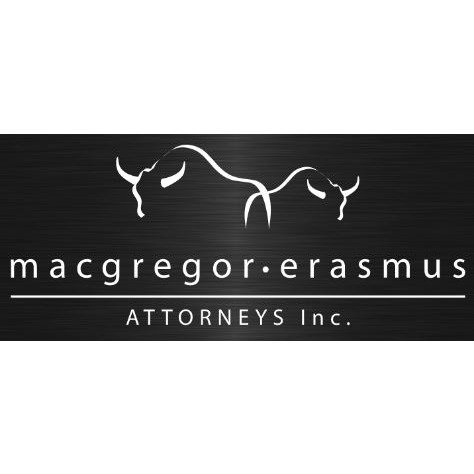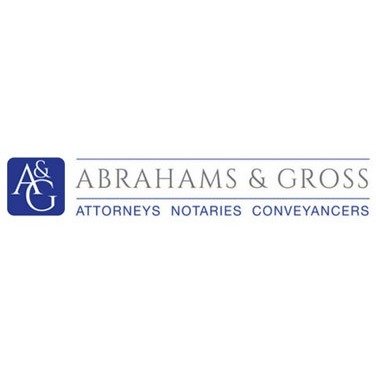Best Business Registration Lawyers in Cape Town
Share your needs with us, get contacted by law firms.
Free. Takes 2 min.
List of the best lawyers in Cape Town, South Africa
About Business Registration Law in Cape Town, South Africa:
The Business Registration Law in Cape Town falls under the South African Companies Act of 2008 which oversees the matters of incorporation, governance, and dissolution of companies. It further regulates the legal requirements of locally based and international businesses for different classes of companies including profit and non-profit organizations, public and private companies, and personal liability companies.
Why You May Need a Lawyer:
You might need a lawyer during the process of business registration to help you navigate through South Africa's complex regulatory landscape. A lawyer will guide you in choosing the suitable business entity, help in drafting and reviewing business contracts, protect your business's intellectual property rights, represent you in case of legal disputes, and ensure your business remains compliant with the relevant laws as they evolve with time.
Local Laws Overview:
The local laws in Cape Town applicable to Business Registration are inline with the broader South African law, governed by the Companies Act of 2008. The act stipulates that businesses should register with the Companies and Intellectual Property Commission (CIPC), conduct annual returns, have a name reservation, and comply with accounting and auditing duties. Specifically for Cape Town, businesses must have relevant licenses and permits which include business licenses, facilities permits, and food trading permits, etc., depending on the nature of the business.
Frequently Asked Questions:
1. What is the procedure for business registration in Cape Town?
The process begins with business name reservation, followed by filing the appropriate forms with CIPC based on the type of business entity. After this, the company submits the Memorandum of Incorporation and pays the relevant fees. Upon successful submission, the business receives a registration certificate.
2. Can a foreigner register a business in Cape Town?
Yes, a foreigner can register a business as long as he/she meets all the necessary requirements such as valid passport and suitable visa. An attorney can provide further legal advice on this.
3. How long does it take to register a business in Cape Town?
On average, it takes up to 20 business days for a registration application to be processed fully, granted there are no issues with the application.
4. Can I register my business without an attorney?
While it's technically possible to register your business without an attorney, it is highly advisable to engage one to avoid any potential legal issues down the line.
5. What happens if my business operates without registration?
Operating without registration can result in hefty fines and penalties. Businesses also lose the reputation of being a legal entity which can affect customer and investor confidence.
Additional Resources:
The Companies and Intellectual Property Commission (CIPC), Cape Town's Council for licensing and permit information, and the Department of Trade and Industry are some of the key authorities regulating businesses. The Business Development Agency of the City of Cape Town also provides valuable information and assistance for businesses.
Next Steps:
If you require legal support for business registration in Cape Town, begin by consulting an attorney who is well-versed in local business laws. They can provide expert advice specific to your situation and help you navigate the legal requirements associated with setting up and running a local business.
Lawzana helps you find the best lawyers and law firms in Cape Town through a curated and pre-screened list of qualified legal professionals. Our platform offers rankings and detailed profiles of attorneys and law firms, allowing you to compare based on practice areas, including Business Registration, experience, and client feedback.
Each profile includes a description of the firm's areas of practice, client reviews, team members and partners, year of establishment, spoken languages, office locations, contact information, social media presence, and any published articles or resources. Most firms on our platform speak English and are experienced in both local and international legal matters.
Get a quote from top-rated law firms in Cape Town, South Africa — quickly, securely, and without unnecessary hassle.
Disclaimer:
The information provided on this page is for general informational purposes only and does not constitute legal advice. While we strive to ensure the accuracy and relevance of the content, legal information may change over time, and interpretations of the law can vary. You should always consult with a qualified legal professional for advice specific to your situation.
We disclaim all liability for actions taken or not taken based on the content of this page. If you believe any information is incorrect or outdated, please contact us, and we will review and update it where appropriate.















